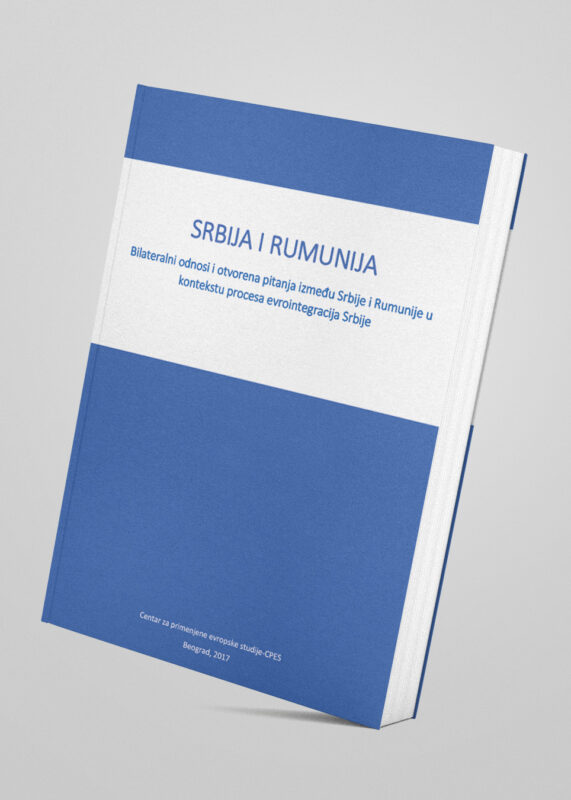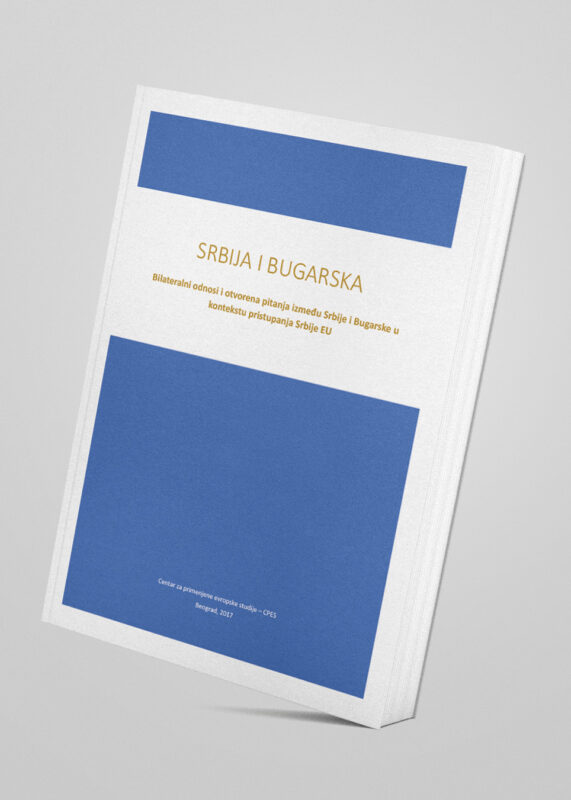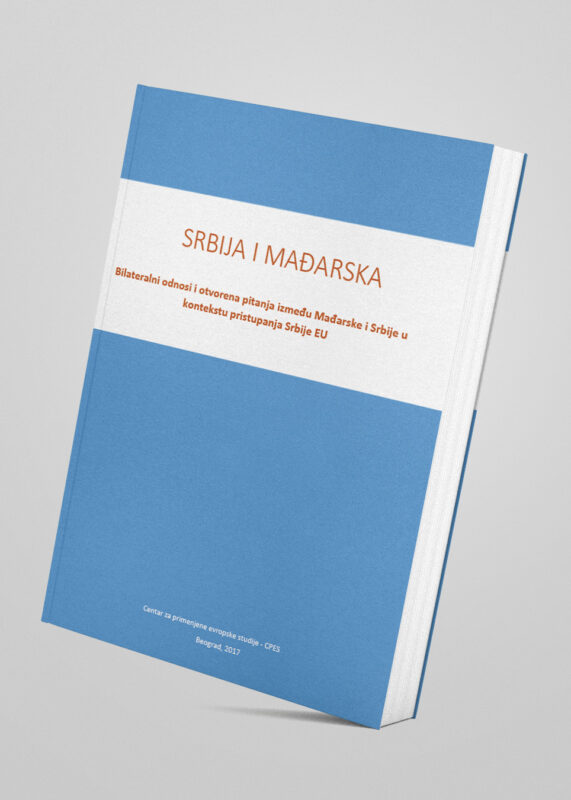Relations Between Serbia and Montenegro
The roundtable dedicated to the relations between Serbia and Montenegro was held on 25 March 2019. The topics discussed related primarily to the interplay of internal and foreign policies, along with the border issues, the minorities status, and the trials for the coup attempt in Montenegro.
In short, it was observed that the period after 2006 was marked by public disputes over identity issues and the Montenegrin recognition of Kosovo’s independence. A gradual change in Serbia’s regional policy after 2012/13 contributed to the general relaxation of the bilateral relations with its neighbors. Since 2013, high-level visits have been frequent and political relations have entered more serene period.
During 2018, there was a negative change in public rhetoric, as evidenced in the frequent public appearances of highest representatives of both countries. Marking the centenary of the end of World War I, and especially the historical significance and interpretation of the Podgorica Assembly, along with the disputes between the two ministries of culture over the opening ceremony of the “Ivo Andrić” Cultural Center in Beijing showed the full strength of historical and identity issues in bilateral relations.
Therefore, it seems that this volatile intertwining of current politics and events from the past has become a defining trend in public statements of different officials and social actors in both countries. Although the gravity of these words and the depth of particular topics is lighter than the problems that exist in Serbia’s relations with Croatia and Bosnia and Herzegovina, hesitancy and unpredictability of public statements present a specific problem in relations that needs to be further analyzed and contextualized.




